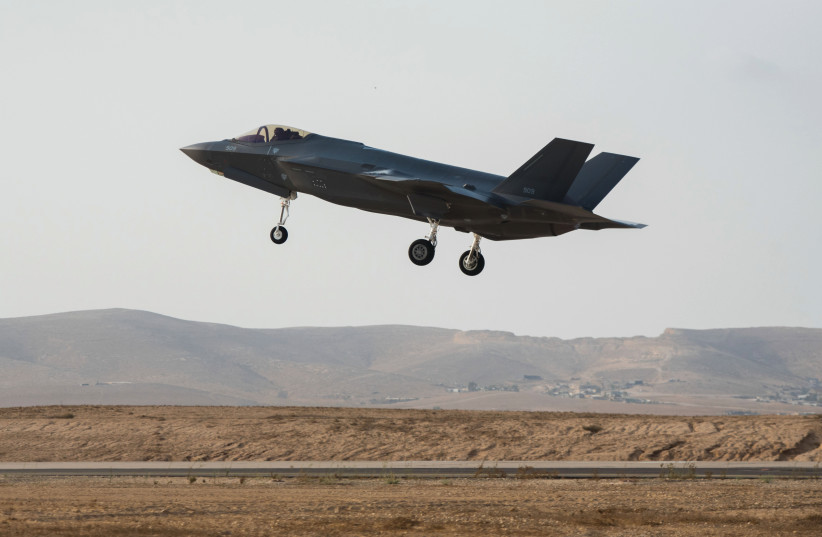Informed sources warned of the deepening of the crisis in the security system, and criticized the IDF Chief of Staff and the heads of the Shin Bet, the Mossad and the Police commissioner, who they claim are standing on the sidelines and not voicing clear enough positions against the phenomenon of stopping to volunteer for the reserves.
"They gain time by choosing to express themselves in a very considered and measured way," explained the sources, "but if the High Court rejects the government decision, and the Prime Minister opposes it, they will no longer be able to stand against it, and will have to express a professional opinion."
According to the sources, "there are tens of thousands of career soldiers waiting to see what will happen at the moment of truth. That's the story."
According to other security sources, the 8200 unit is approaching a three-digit number of reservists who have informed their commanders in the various units that they will not come to reserve service for various reasons.
Other sources have warned of the decreasing readiness of the Air Force.
The readiness of the Air Force is in doubt
According to the security officials, in about three weeks the readiness of the corps will be affected in such a way that the commander of the air force will have to carry out a renewed assessment of the situation, and decide whether the air force is fit to fight in several arenas at the same time.

An example of the deterioration is the reduction of the scope of training in the air force in the last week, contrary to the training graph, with an emphasis on the flight school, which is based on the most professional and experienced reserve pilots of the force.
One of the sources said, "The effect of the announcements to stop volunteering is the beginning of a moral blow to the flight school, which trains the future generation."
Security officials also estimated that, depending on the decrease in the number of volunteer pilots, the commander of the air force would be required to update the required qualification level and take risks in granting flight approval or terminating flights for people based on the fear of air accidents and accuracy in the execution of missions that could expose the pilots to enemy fire, thus impairing the execution of the missions.
"Today's assessment of the situation does not take into account those who have declared or may voluntarily refuse a reserve order, but only those who said they are not coming," air force officials said.
"If the situation does not change in a month, this will be a tangible harm to the operational competence, not only to the current security. It's not for nothing that the commander of the air force issued a message calling on the commanders to meet the challenge of defending the state that is emerging in Israel amid the protests."
The IDF refused to address the criticism of the submarine fleet, the Shayetet 13 unit and reserve teams in the currently active fleets in the north and south (fleet 914 and 916), where protests and statements also began.
According to other security sources, the IDF issued a directive not to invite those who are not needed to the reserves, after several refusals were received. A directive was also received, that the mood among officials should be checked, in order to avoid embarrassment for both parties in the event that a reservist is called and is forced to refuse.
